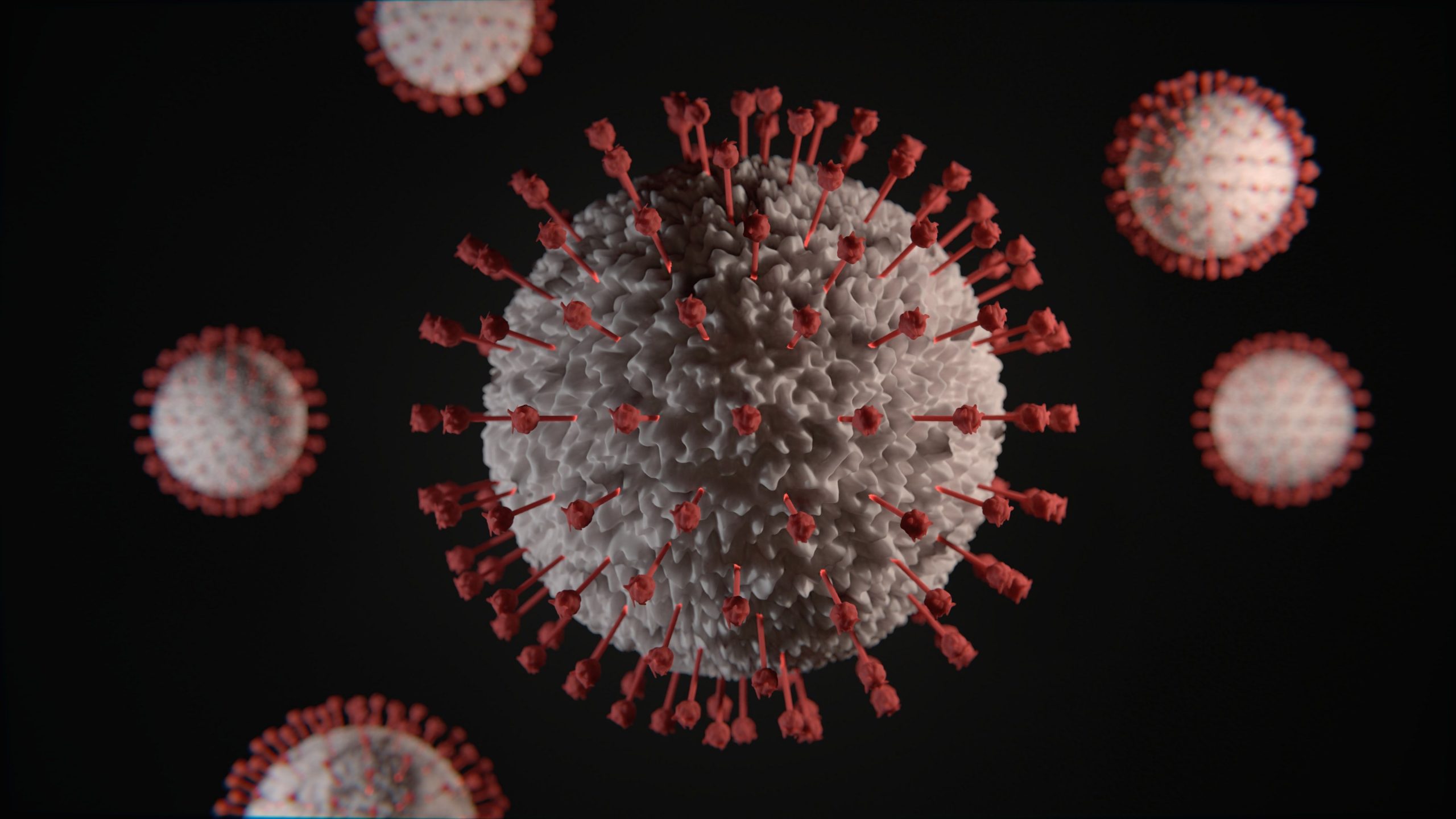The Delta variant of the coronavirus, which is believed to be responsible for the deadly second wave of COVID-19 that hit India in March, has been mutated into Delta Plus. While the threat and properties of the Delta Plus strain are relatively unknown, the Indian health ministry has classified it as a ‘variant of concern’. However, scientists and health experts across the world say that it is too early to determine the danger of this new variant.
Here’s what scientists say
According to Dr Gagandeep Kang, a virologist and the first Indian woman to be elected Fellow of the Royal Society of London, told BBC that there is no data yet to support the claim that Delta Plus variant is a concern.
“We need biological and clinical information to determine the properties of a virus variant. For that purpose, extensive data is required we need to study at least 100 patients with the condition to say whether it’s more deadly and transmissible,” said Dr Kang.
Also Read: All about Delta Plus, new COVID variant found in India
Another virologist Dr Jeremy Kamil, who practices at Louisiana State University Health Sciences Center in Shreveport, told BBC, “Even with 166 examples of Delta plus shared on GISAID, a global open sharing database, we don’t have much reason to believe this is any more dangerous than the original Delta.”
Why is it important to have more data on Delta plus to determine its threat?
According to experts, viruses mutate all the time, it is one of their core properties. However, the changes are not always for the worse. While most virus mutations are inconsequential, some even harm the virus. But others can make the disease more infectious or threatening – and these mutations tend to dominate.
Thus, before addressing the danger or potency of a virus, it is of utmost importance to gather enough data to support such claims.
India’s stance on Delta Plus variant
The Indian health ministry said that there are studies to establish that the so-called Delta Plus variant – also known as AY.1, transmits easily, affects lungs as it binds more easily to lung cells and is resident to monoclonal antibody therapy, the single-dose cocktail of antibodies considered efficient against Delta variant in India.







